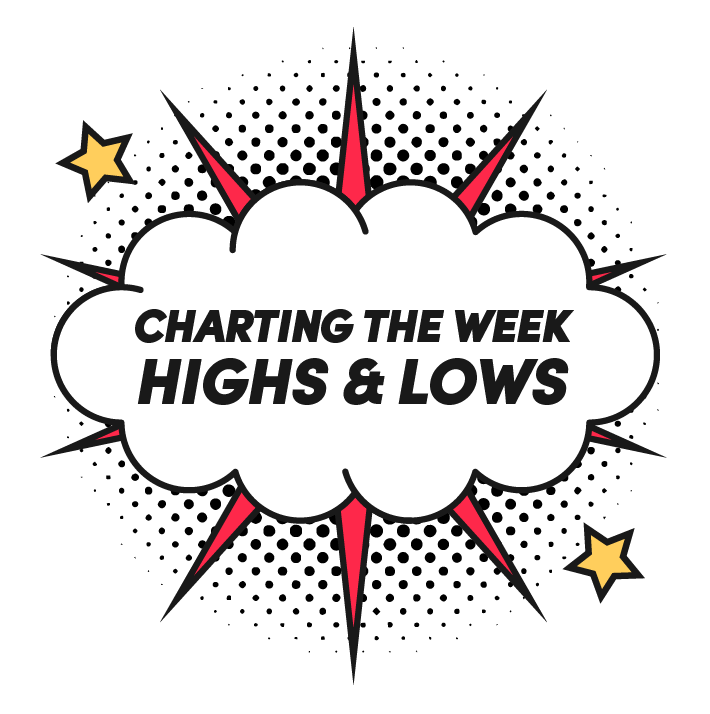
High: the right to regular hours
Predictable working rights pertaining to shift patterns are to be extended to casual workers, agency staff or people on short-term or zero-hours contracts.
The Workers (Predictable Terms and Conditions) Bill, put forward by Conservative MP Scott Benton to honour his party’s 2019 manifesto commitment, is currently passing through the House of Commons and is expected to be enshrined in UK law within the next 12 months. Under the terms of the new legislation, workers outside of a company’s full-time staff structure, will be entitled to request a more regular and consistent rota after 26 weeks of continuous service.
While this doubtlessly represents progress and goes some way towards mitigating the exploitative nature of ad-hoc, short-notice casual work, which can negatively impact such employees’ physical and mental health, the Trade Union Congress argues that the new legislation is not stringent enough, because employers will still retain the power of veto.
The TUC has a point. But the needle is at least moving in the right direction. Employers who do deny the requests will need to present a reason as to why. A failure to come up with a sufficient justification could lead to lengthy and complicated employment tribunals and, if an employer is viewed as an uncompassionate, inflexible outlier, there are reputational concerns too.
The bill is not necessarily a leveller for casual and full-time workers’ rights. But it’s a start.
Low: John Lewis & Partners… without the partners?
Retail giant John Lewis & Partners is considering selling a minority stake in its business after operating as a staff-owned partnership for 73 years.
The group, which comprises department stores and the Waitrose supermarket chain, is exploring the option of diluting the current structure of 100% employee ownership in order to invite external investment.
The group chair, Dame Sharon White, has suggested that selling a minority stake could raise up to £2bn, which could help to offset the annual losses recorded in each of the past two years, and which have already led to numerous staff cuts and store closures.
There is no straightforward solution. Employee ownership is a massive part of the John Lewis & Partners brand identity and culture. Messing with the model might alienate remaining staff and potentially lead to a mass exodus.
Neil Saunders, retail analyst for Global Data, has called the plan “half-baked” and “risky”. It opens up the partnership to “a degree of outside control”, he told the Financial Times, which, “aside from being against the [group’s] founding principles, is likely to drive poor short-term decisions and could lead to conflicts.”
Chart of the week: an expensive month
For a brief time it seemed like the UK might have turned a corner on runaway consumer prices. After hitting a 41-year high of 11.1% in October last year, annual inflation appeared to be easing off.
But there was bad news this week with the shock announcement that CPI had crept upwards again in February. Minus housing costs, the rate stood at 10.4% compared to 10.1% the month before.
Analysts had previously predicted it would fall to 9.9% as the cost of energy and raw materials dropped. However, prices were instead driven higher by the cost of restaurants, alcohol and fresh food – the so-called ‘salad crisis’.
That compares poorly to other G7 countries. The UK now has the highest inflation in the group. In contrast, US inflation peaked in June 2022 at 9% and has since eased to 6%.
The twist piled pressure on the Bank of England to hike interest rates yet again on Thursday – which it duly did. The base rate now stands at 4.25%, the 11th time it has been increased since November 2021.
Giles Coghlan, chief market analyst at HYCM, says: “If it were not for yesterday’s surprise CPI reading, the Bank of England’s decision to hike rates today would have been finely balanced. Even in the wake of the SVB-Credit Suisse crises, there was a clear argument for holding rates at 4%.
“However, with inflation proving stickier than expected in the UK, keeping the hammer down on spiralling prices remains the priority.”
The Bank said it remains confident that inflation will come down sharply this year. Its latest forecast predicts that the annual rate will drop to 4% by the end of 2023. That will be a welcome relief for an economy desperately in need of good news.

High: the right to regular hours
Predictable working rights pertaining to shift patterns are to be extended to casual workers, agency staff or people on short-term or zero-hours contracts.
The Workers (Predictable Terms and Conditions) Bill, put forward by Conservative MP Scott Benton to honour his party’s 2019 manifesto commitment, is currently passing through the House of Commons and is expected to be enshrined in UK law within the next 12 months. Under the terms of the new legislation, workers outside of a company’s full-time staff structure, will be entitled to request a more regular and consistent rota after 26 weeks of continuous service.

